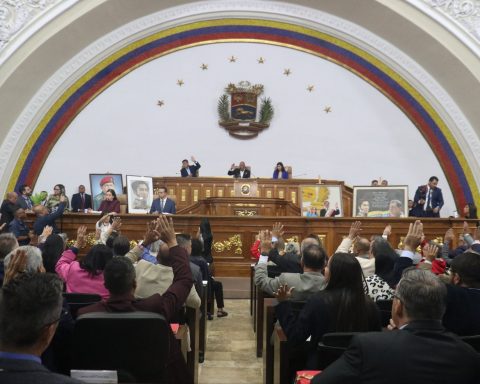The Chamber of Deputies approved, today (7), the Bill 10592/18, which included neuromyelitis optica (NMO/ENMO) among the serious diseases that allow the granting, without a grace period, of sick pay, disability retirement. The project also gives exemption from income tax to patients with the disease. The proposal now goes to the Senate.
Neuromyelitis optica is a rare and serious autoimmune inflammatory disease. It is characterized by affecting the optic nerves and the spinal cord, leading to its inflammatory involvement, with varying degrees of muscle weakness, limb paralysis, changes in the senses, especially blindness, and dysfunctions in the functioning of the bladder and intestines.
The author of the project, deputy Soraya Santos (PL-RJ), said that the disease affects almost 6 thousand people in the country. She justified the project with the argument that the severity makes it necessary to include it in the list of diseases that allow the granting of benefits.
“After five years of protest [da doença]50% of patients are in wheelchairs and 62% are blind”, said the deputy, adding that the disease usually manifests itself around 35 years of age.
The rapporteur, deputy Hiran Gonçalves (PP-RR), said that due to the lack of specific diagnoses, usually in the prognosis of the disease it is often diagnosed as a form of multiple sclerosis, another autoimmune and demyelinating disease, with a similar symptomatic picture. This makes proper treatment difficult, he argued.
“It was not until 2004, with the discovery of a specific marker, that NMO started to be considered an autonomous disease. The present project is not, therefore, as it seems at first sight, the granting of new benefits, but the correction of a serious distortion”, said the rapporteur.
















